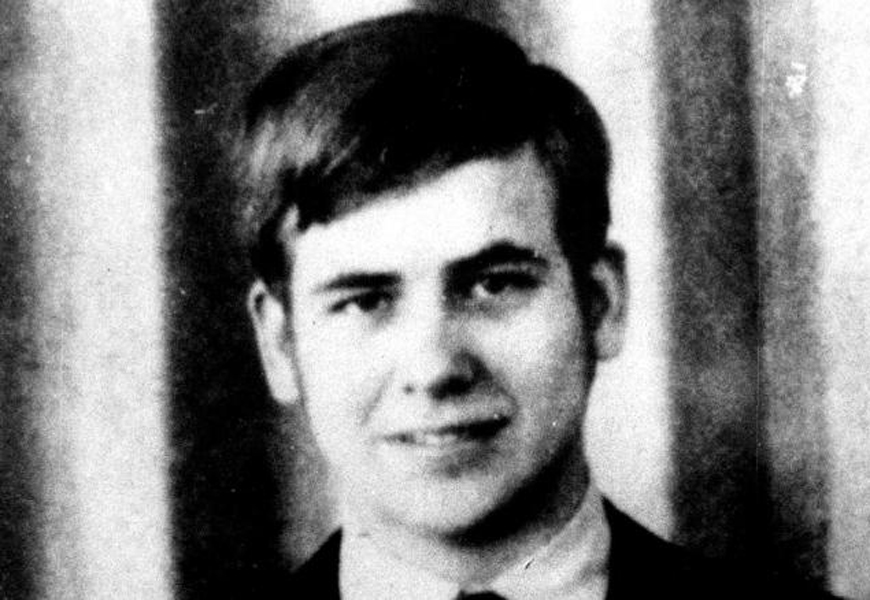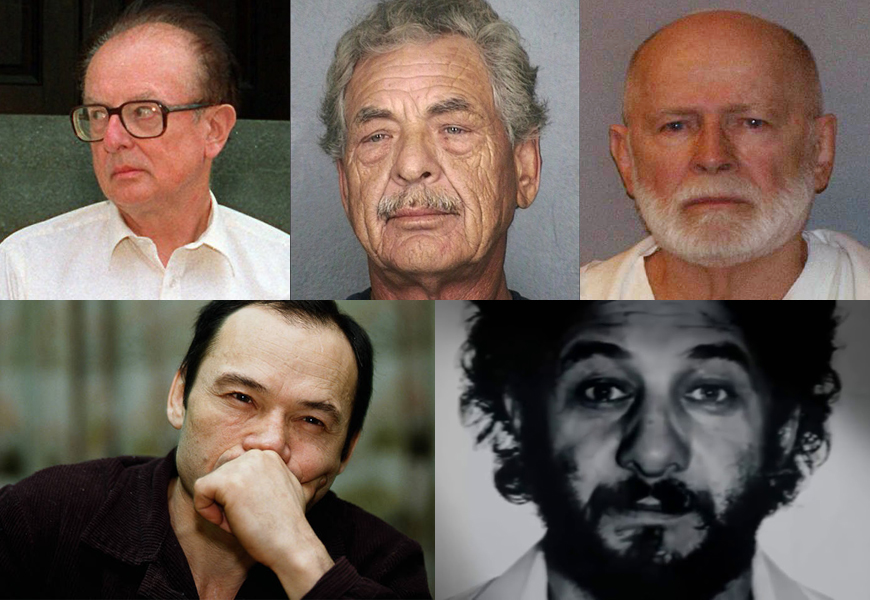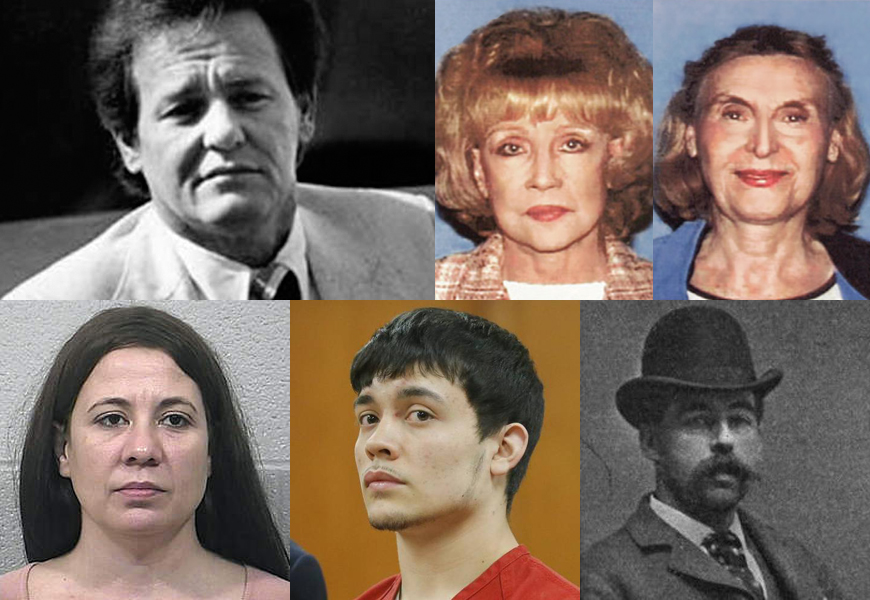It was a crime that had been unsolved in Cleveland for more than a half a century. More than five decades ago a bank teller, inspired by a hit Hollywood film, walked out of his job with more than $200,000 and disappeared. Now the US Marshals Service have announced that they have finally identified the man considered to be one of the nation’s most wanted fugitives, only to find that he died in May of this year.
In July 1969, Theodore “Ted” John Conrad (pictured above) showed up for work as a bank teller at Society National Bank in Cleveland and by the end of his shift, the then 20-year-old stole had stuffed $215,000 into a paper bag — and vanished. Conrad stole the equivalent of $1.7 million today in one of the biggest bank robberies in the history of the city.
It was not until the following Monday morning when Conrad failed to report to work, that the bank checked their vault only to find the missing money along with their missing employee. That gave Conrad a two-day head start on law enforcement.
Investigators say that Conrad had been living in Boston since 1970 under the name Thomas Randele. In yet another dramatic twist, his home was close to where the 1968 Steve McQueen film The Thomas Crown Affair was filmed. In the original movie, the main character steals more than $2 million from a Boston bank.
“A year before the Cleveland bank robbery, Conrad became obsessed with the 1968 Steve McQueen film,” the US Marshals Service said in a statement. “The movie was based on the bank robbery for sport by a millionaire businessman, and Conrad … bragged to his friends about how easy it would be to take money from the bank.”
Conrad was a fugitive from justice for over 50 years. He was featured on America’s Most Wanted and Unsolved Mysteries as investigators chased leads across the country, including Washington D.C., Inglewood, California, western Texas, Oregon, and Honolulu, Hawaii.
After years of investigation, federal authorities traveled to Massachusetts last week and confirmed he’d been living a quiet life under a fictitious name in Boston. As part of their investigation, they compared his 1960s documents to paperwork he’d completed under the name Randele, including a 2014 bankruptcy filing at a Boston federal court.
“This past week, we identified Thomas Randele as Theodore J. Conrad. He led an unassuming life in the suburbs of Boston, was very well liked in his community. There are a few things that led us there,” said U.S. Marshal Pete Elliot during a Friday press conference.
It turns out that Thomas Randele died of lung cancer in May of 2021 in Lynnfield, Massachusetts using a date of birth as July 10, 1947. His real date of birth was July 10, 1949, and Conrad would have been 71 at the time of his death.
“This is a case I know all too well. My father, John K. Elliott, was a dedicated career Deputy United States Marshal in Cleveland from 1969 until his retirement in 1990. My father took an interest in this case early because Conrad lived and worked near us in the late 1960s. My father never stopped searching for Conrad and always wanted closure up until his death in 2020. We were able to match some of the documents that my father uncovered from Conrad’s college days in the 1960s with documents from Randele that led to his identification. I hope my father is resting a little easier today knowing his investigation and his United States Marshals Service brought closure to this decades-long mystery. Everything in real life doesn’t always end like in the movies,” said U.S. Marshal Pete Elliott in a statement.












